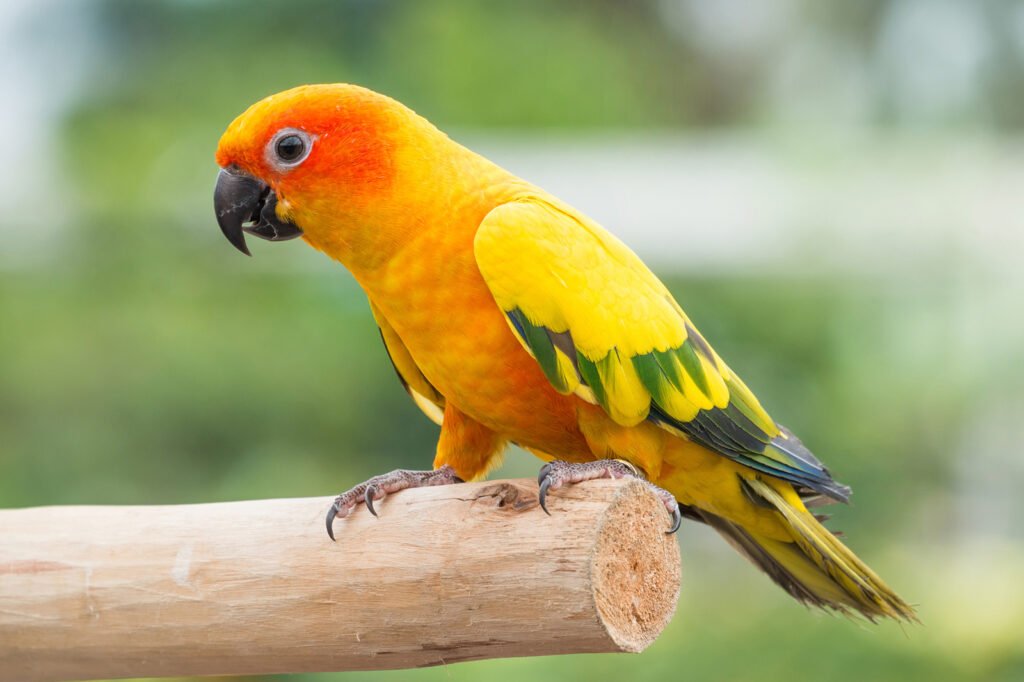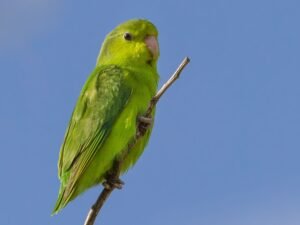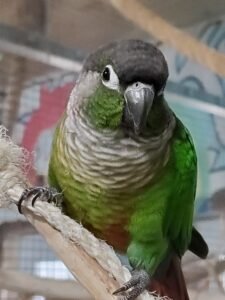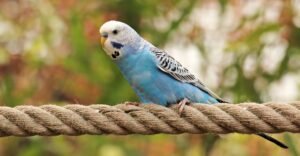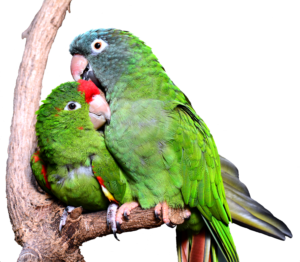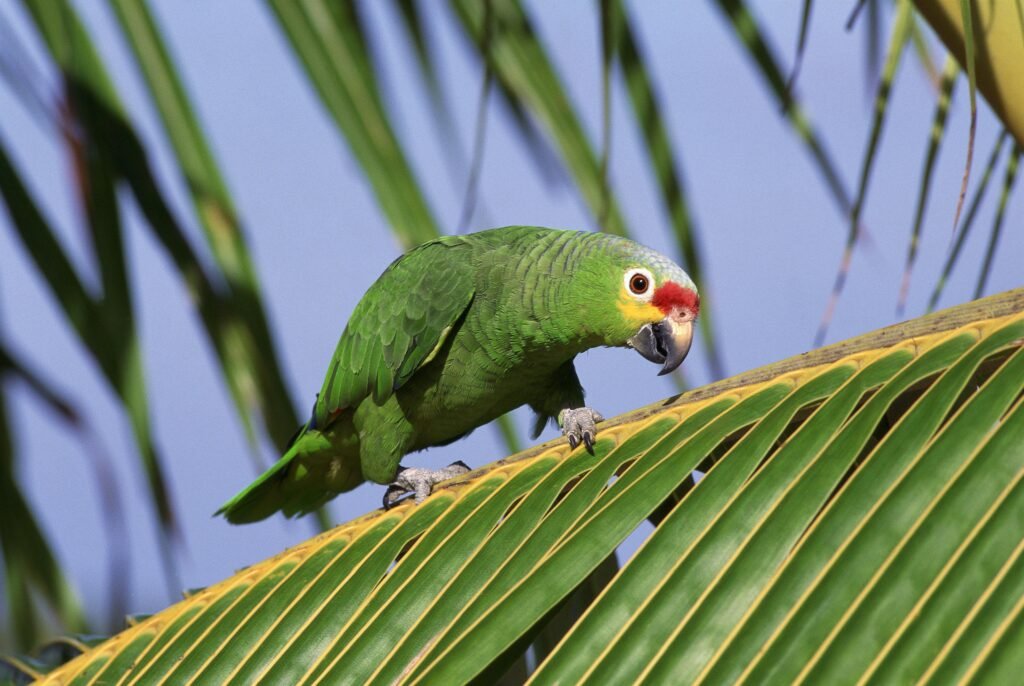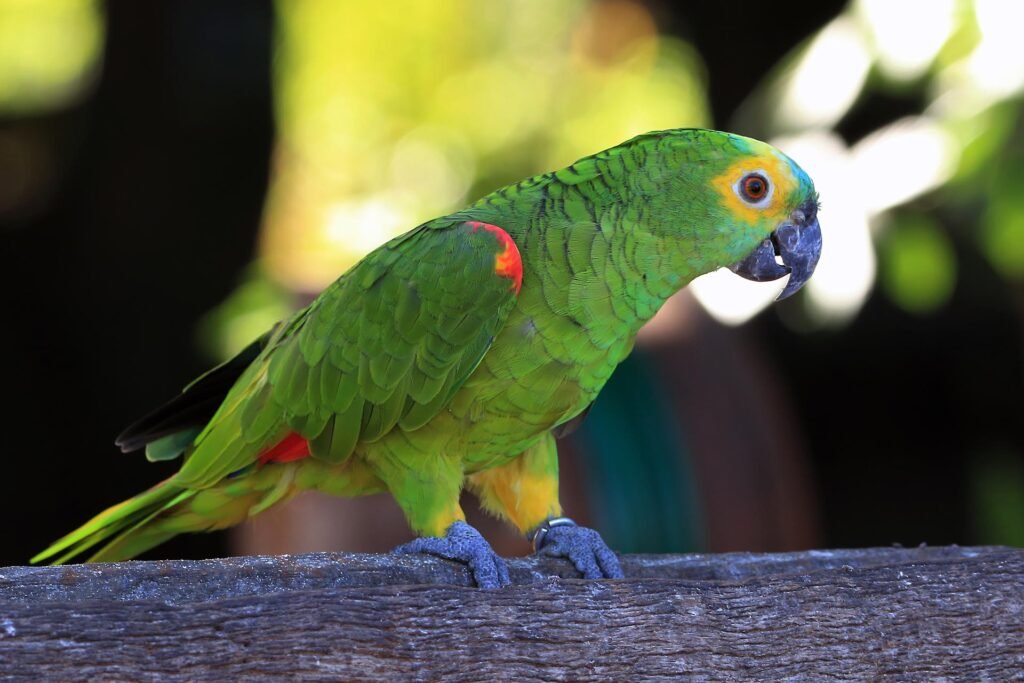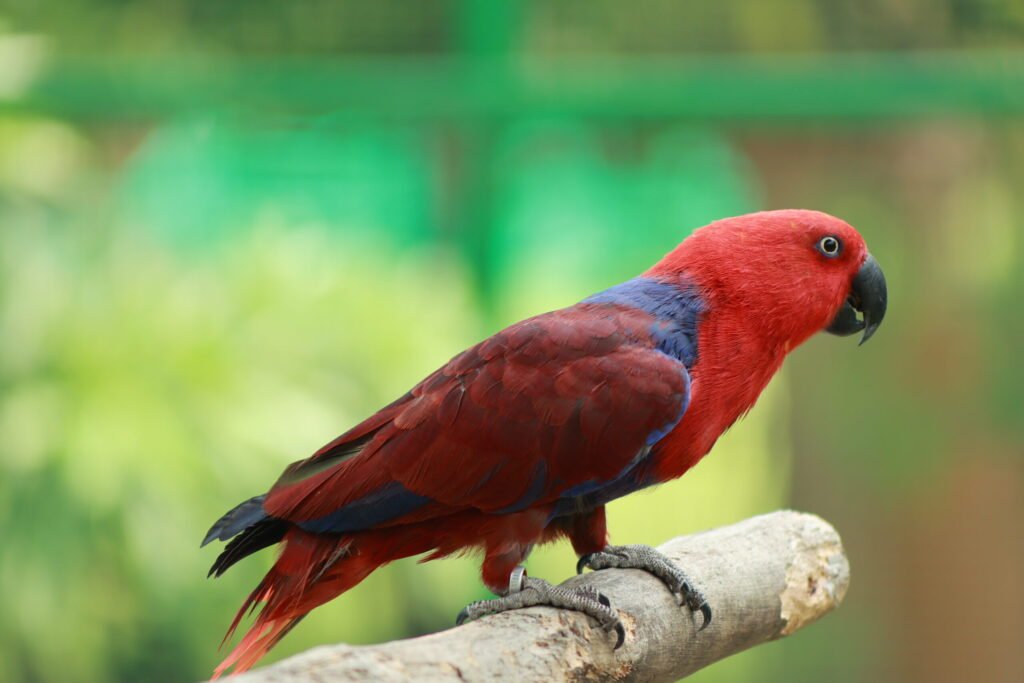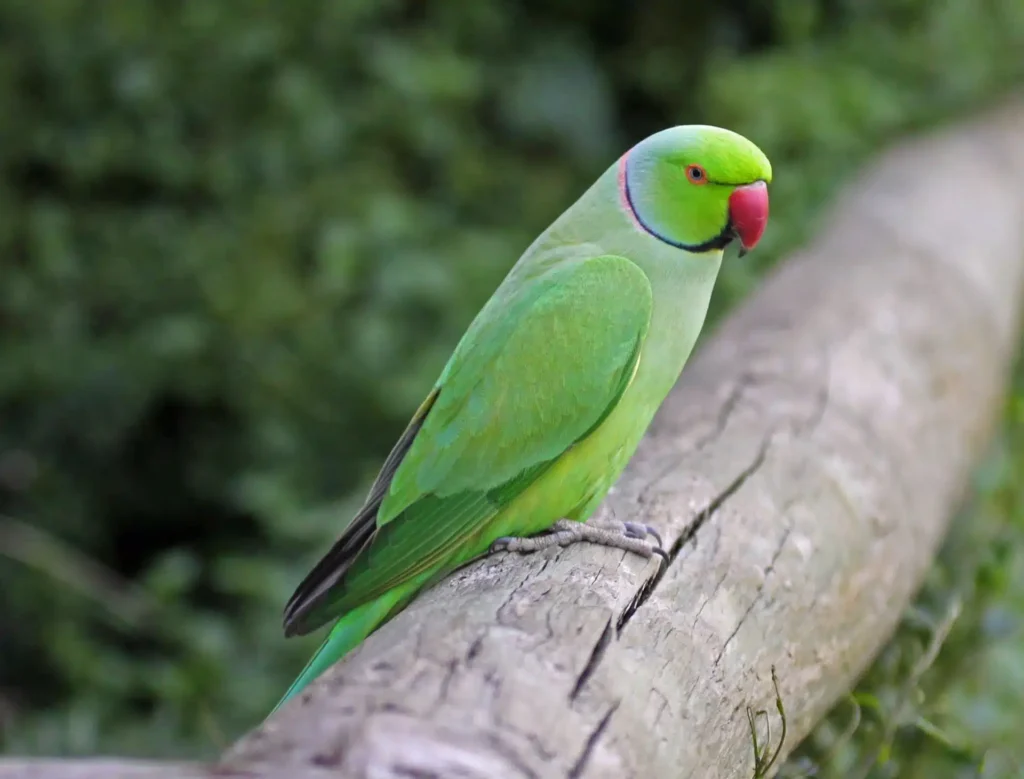Explore the Vibrant World of Conures
Introduction:
Conures are a diverse group of small to medium-sized parrots known for their vibrant plumage, playful personalities, and loud vocalizations. Native to Central and South America, these birds are cherished for their lively nature and striking colors, making them popular pets among bird enthusiasts. Conures are intelligent, social, and full of energy, requiring ample mental stimulation and interaction to thrive in captivity.
There are several species of Conures, including the Sun Conure (Aratinga solstitialis), Green-Cheeked Conure (Pyrrhura molinae), and Jenday Conure (Aratinga jandaya). Each species has its unique charm and characteristics, but all share a common need for attention, enrichment, and a loving environment. Conures are known for their acrobatic antics and affectionate behavior, forming strong bonds with their human caregivers.
In the wild, Conures live in flocks and are highly social, foraging for fruits, seeds, and vegetation. They are known for their bright and varied plumage, with colors ranging from greens and yellows to reds and blues. Conures are also vocal birds, using a variety of calls and sounds to communicate. With proper care, these engaging birds can live up to 20-30 years, offering long-term companionship and joy.
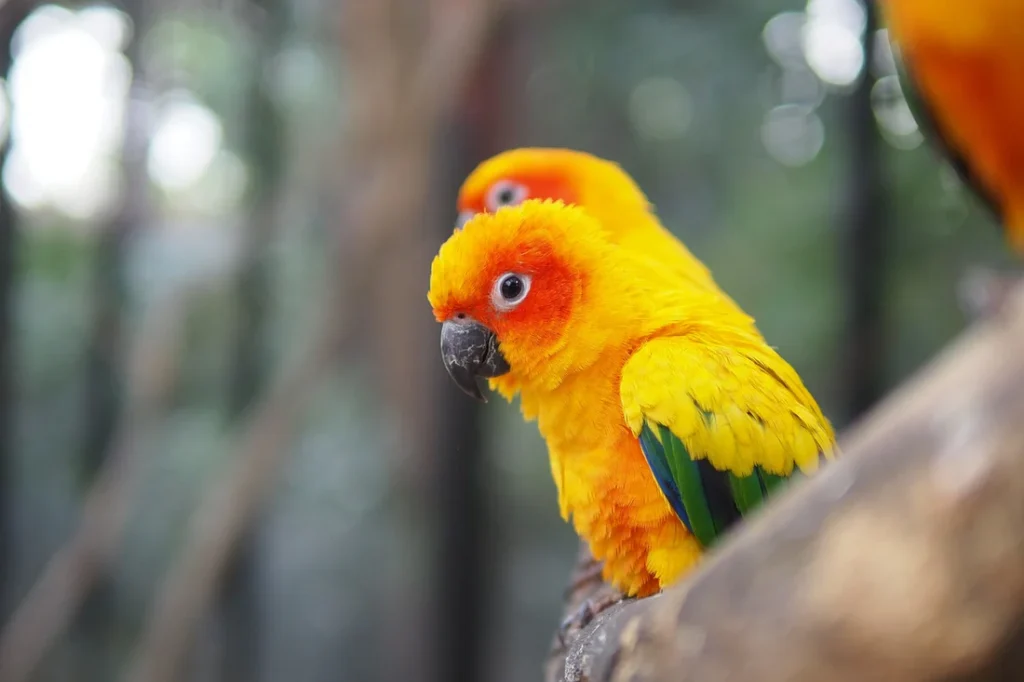
Facts:
| Fact | Details |
|---|---|
| Scientific Name | Varies by species |
| Common Names | Conure, Parakeet |
| Year Discovered | Various |
| Kingdom | Animalia |
| Phylum | Chordata |
| Subphylum | Vertebrata |
| Class | Aves |
| Order | Psittaciformes |
| Family | Psittacidae |
| Genus | Various |
| Species | Various |
| Natural History | Native to Central and South America |
| Physical Information | Small to medium-sized birds, 23-40 cm in length, with vibrant plumage |
| Appearance | Bright green, yellow, red, and blue feathers, with some species having unique color patterns |
| Scientists Names | Described by various scientists over the years |
| Region | Central and South America |
Appearance:
Conures are small to medium-sized parrots, typically measuring between 23-40 cm in length. They have a robust build with a long, tapered tail and a strong, curved beak. Their plumage is vibrant and varies among species, with bright greens, yellows, reds, and blues being common colors. For example, the Sun Conure has striking yellow and orange feathers with green wings, while the Green-Cheeked Conure is primarily green with blue flight feathers and a maroon tail.
Distribution:
Conures are native to Central and South America, inhabiting a range of environments from tropical forests and savannas to scrublands and urban areas. They are found in countries such as Brazil, Argentina, Bolivia, and Mexico. These birds are adaptable and can thrive in diverse habitats.
Habits and Lifestyle:
In the wild, Conures are highly social birds that live in flocks. They are known for their playful and inquisitive behavior, often seen engaging in acrobatics and vocalizations. Their diet consists mainly of fruits, seeds, and vegetation. As pets, Conures require regular social interaction, mental stimulation, and a variety of toys to keep them entertained.
Care Guide:
Caring for a Conure involves providing a spacious cage with plenty of perches, toys, and enrichment activities. Their diet should include high-quality pellets, fresh fruits, vegetables, and occasional seeds. Fresh water should always be available. Regular social interaction and out-of-cage time are essential for their well-being.
Physical Characteristics:
Conures have a compact, sturdy build with a strong, curved beak. Their plumage is vibrant and varies among species, with bright green, yellow, red, and blue being common colors. They have expressive eyes and a playful demeanor that endears them to bird enthusiasts.
Diet and Nutrition, Foods to Avoid:
In the wild, Conures feed on a variety of fruits, seeds, and vegetation. In captivity, their diet should include a mix of high-quality parrot pellets, fresh fruits, and vegetables. Foods to avoid include chocolate, caffeine, alcohol, avocado, and any foods high in salt, sugar, or fat, as these can be toxic to birds.
Breeding and Business:
Breeding Conures in captivity requires a suitable environment and a deep understanding of their needs. They typically lay 3-5 eggs per clutch, with an incubation period of about 23-27 days. Providing nesting boxes and a nutritious diet rich in calcium and protein is essential for successful breeding.
Behavior:
Conures are known for their bold and curious behavior. They form strong bonds with their human caregivers and enjoy interactive play. These birds require regular mental stimulation, training, and social interaction to prevent boredom and behavioral issues. Despite their small size, they have a big personality and can be quite vocal.
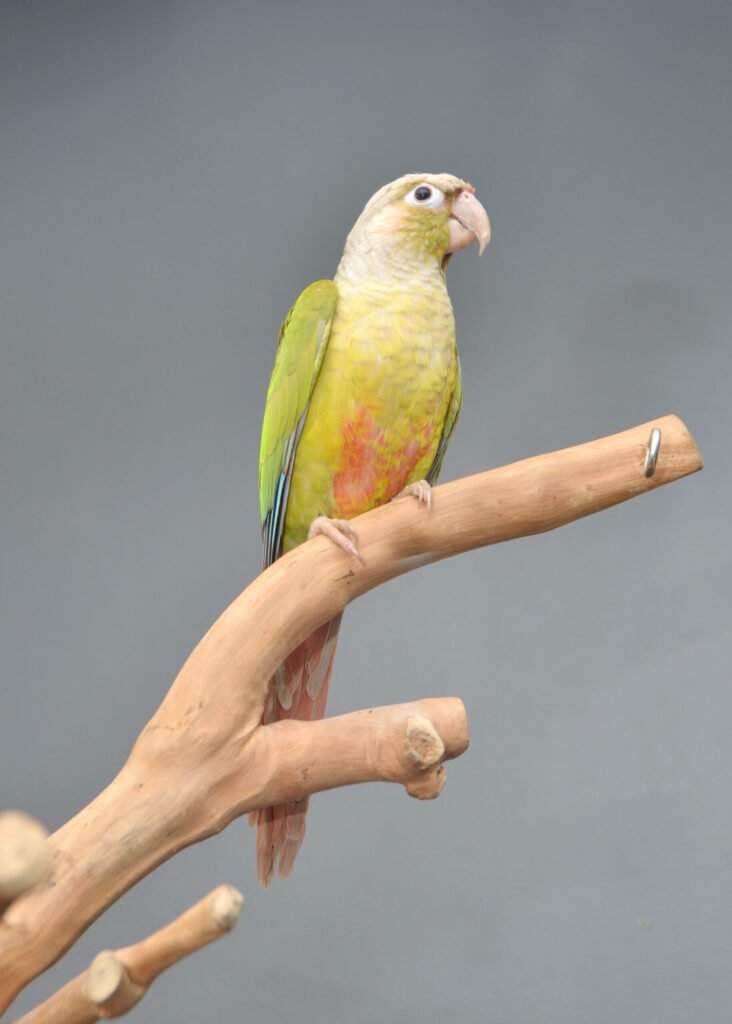
FAQs:
| Question | Answer |
|---|---|
| How long do Conures live? | Conures can live up to 20-30 years in captivity. |
| What do Conures eat? | Their diet includes high-quality pellets, fresh fruits, vegetables, and occasional seeds. |
| Where can I see Conures? | They are native to Central and South America and popular as pets worldwide. |
| Do Conures talk? | Yes, they can mimic human speech, though their vocabulary may be limited compared to larger parrots. |
| How do Conures socialize? | They are social birds that enjoy interacting with their flock or human caregivers. |
Related Birds or Mate:
Related species include other small to medium-sized parrots such as parakeets and lovebirds, which share similar habitats and behaviors. Conures are often compared to these species due to their playful nature and social behavior.
Type and Quality Prices:
| Type | Price Range |
|---|---|
| Pet Quality | $200 – $800 |
| Breeder Quality | $800 – $1,500 |
Factors Affecting Price:
Prices can be influenced by factors such as age, health, color mutations, and whether the bird is hand-raised or parent-raised. Geographical location and availability also play significant roles.
Price for the Bird in Different Regions and Countries:
| Region/Country | Price Range |
|---|---|
| United States | $200 – $1,500 |
| Europe | €180 – €1,200 |
| Australia | AUD 300 – AUD 2,000 |
| Asia | $250 – $1,800 |
References:
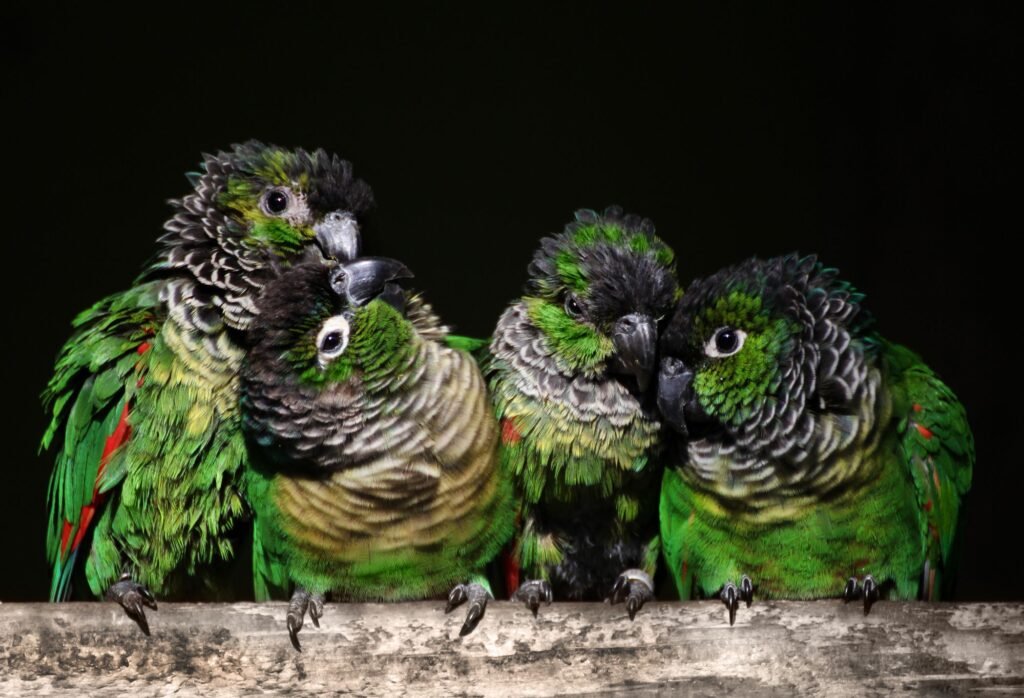
Categories: Companion Birds, Small Parrots, Colorful Birds, Central American Birds, South American Birds, Social Birds, Seed-Eating Birds, Pet Birds, Playful Birds
Views: 3

